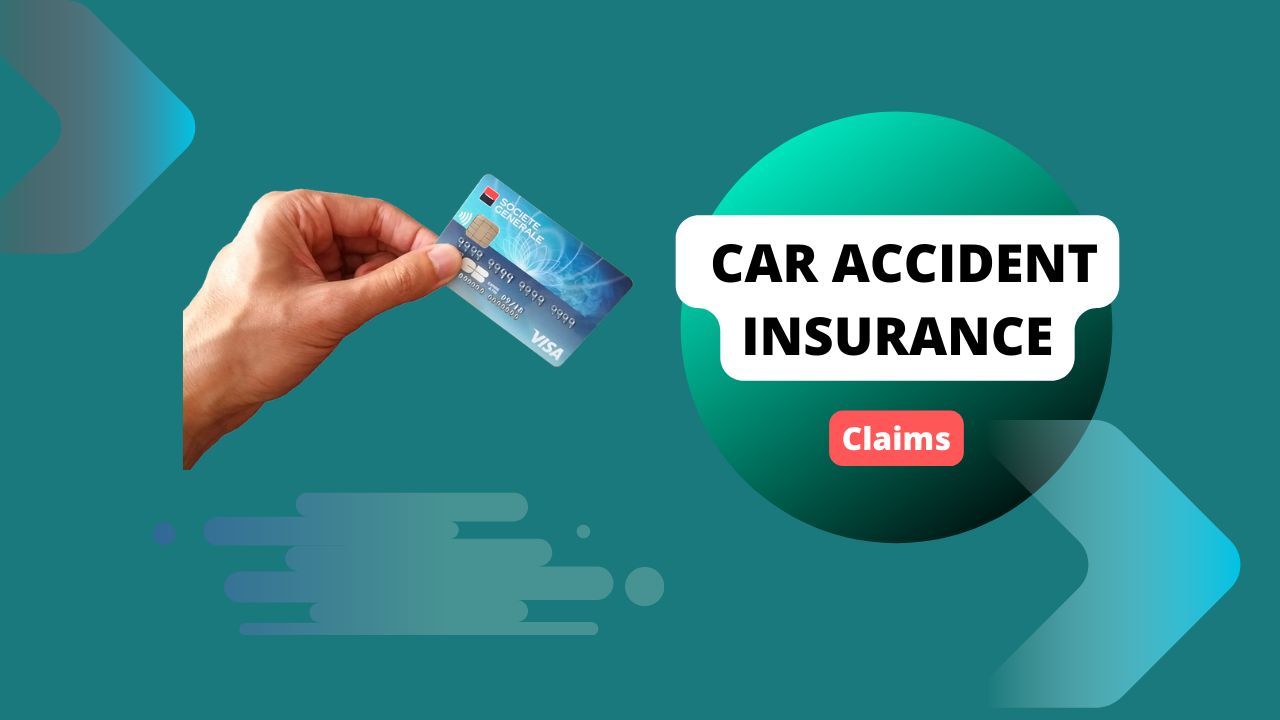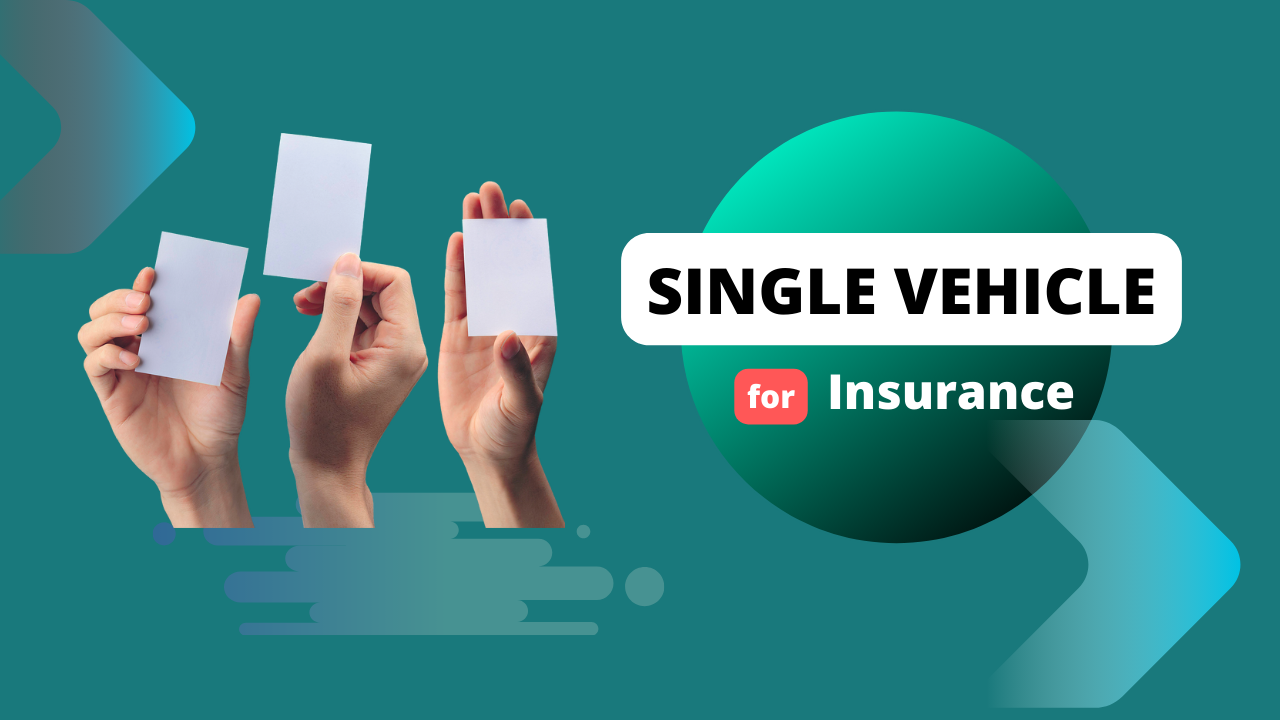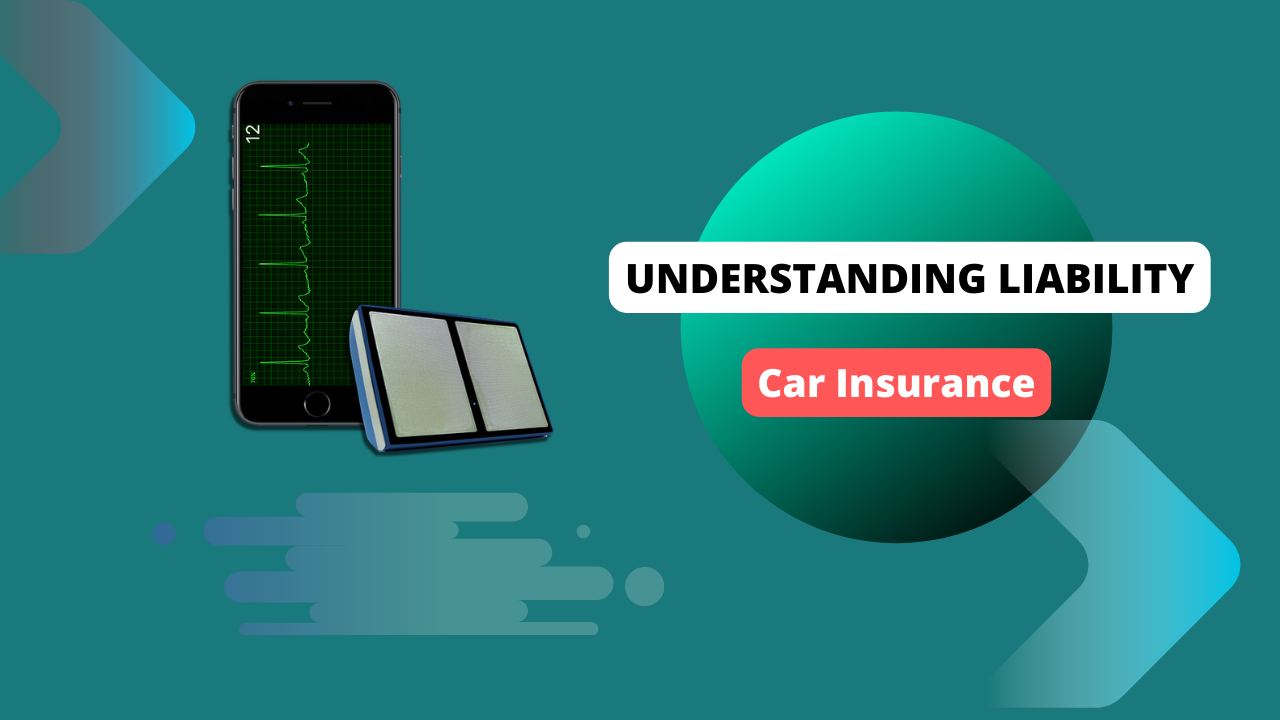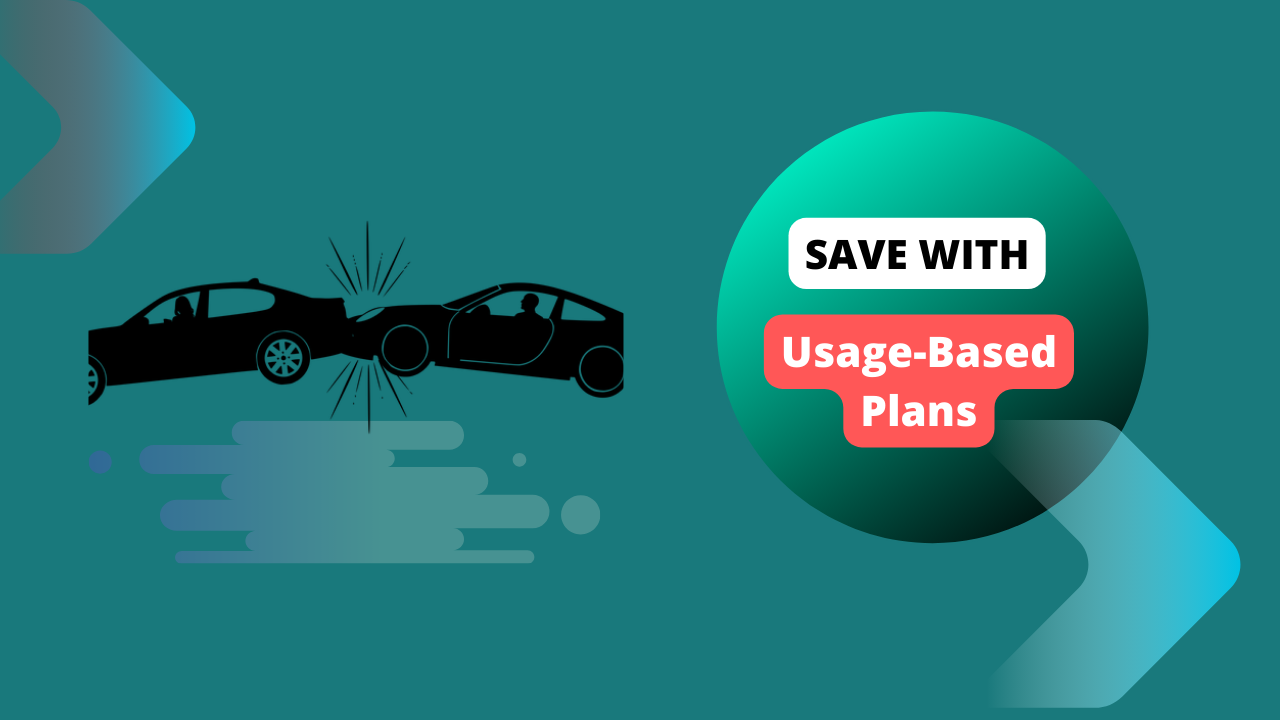Car accidents can be distressing and disruptive incidents, but having appropriate insurance coverage can alleviate the stress. In this piece, we will delve into the details of car accident insurance claims, offering valuable insights on how to effectively maneuver through the process.
I. Reporting the Collision A. Immediate Steps
The initial action following a car accident is ensuring the safety of everyone involved. Here’s what you should do:
- Check for Injuries: Immediately assess injuries and call for medical help if necessary. Prioritize your well-being and that of others involved.
- Contact Law Enforcement: In the case of a serious accident or significant damage, reach out to the police. They will generate an accident report, a vital document for your insurance claim.
- Swap Information: Collaborate on contact and insurance specifics with the other involved driver. Collect names, phone numbers, addresses, and insurance policy particulars.
B. Notifying Your Insurance Provider
Notify your insurance company without delay. Most insurers operate a 24/7 claims hotline for reporting accidents.
- Policy Information: Your policy number and specifics.
- Accident Particulars: Date, time, location, and a brief description of the accident’s circumstances.
- Other Parties: Information regarding the other driver(s) involved, including their insurance information.
II. Varieties of Coverage
Your ability to successfully file a car accident insurance claim depends on your coverage types. Let’s examine the most prevalent categories:
the most prevalent categories:
A. Liability Coverage
Liability coverage compensates for damages and injuries you cause to others in accidents where you are at fault. This coverage is generally mandated by law in most states.
B. Collision Coverage
Collision coverage caters to your vehicle’s damages when you are at fault or when the accident involves a single vehicle. It encompasses repair or replacement costs.
C. Comprehensive Coverage
Comprehensive coverage safeguards your vehicle from non-collision-related incidents, like theft, vandalism, fire, or natural disasters.
D. Personal Injury Protection (PIP)
PIP coverage handles medical expenses and lost wages for you and your passengers, irrespective of fault. Some states require this coverage.
III. The Claims Procedure
After you’ve reported the accident to your insurance provider, the claims process commences.
A. Claim Examination
The insurance company will conduct an investigation into the accident, which may involve:
- Reviewing the Accident Report: They will scrutinize the police report and statements from involved parties.
- Evaluating Damage: An adjuster will inspect your vehicle and assess the extent of the damage.
B. Fault Determination
The insurance company will ascertain who is responsible for the accident, a crucial aspect of the claims process.
C. Vehicle Repairs or Replacement
If your claim is approved, your insurance provider will organize vehicle repairs or replacement, depending on your coverage.
D. Medical Costs
If you have medical coverage, your insurer will assist with medical bills and expenses related to the accident.
E. Settlement
Once the investigation concludes, your insurance company will present a settlement offer. Review it meticulously and, if acceptable, sign the requisite documents.
IV. Things to Avoid
While navigating the car accident insurance claim process, there are common mistakes to evade:
- Delaying Reporting: Swiftly inform your insurer of the accident.
- Admitting Fault: Refrain from acknowledging fault at the accident scene.
- Underestimating Damages: Ensure all damages, including concealed ones, are documented.
- Rushing Settlement: Take time to thoroughly review any settlement offers.
V. Conclusion
Car accident insurance claims can be intricate, but armed with the right knowledge and preparation, you can navigate the process effortlessly. Remember to stay composed, report the accident promptly, and comprehend your coverage. If you ever have uncertainties, don’t hesitate to reach out to your insurance company for guidance.
In times of uncertainty following a car accident, your insurance coverage can offer the assistance you need to safely return to the road.



